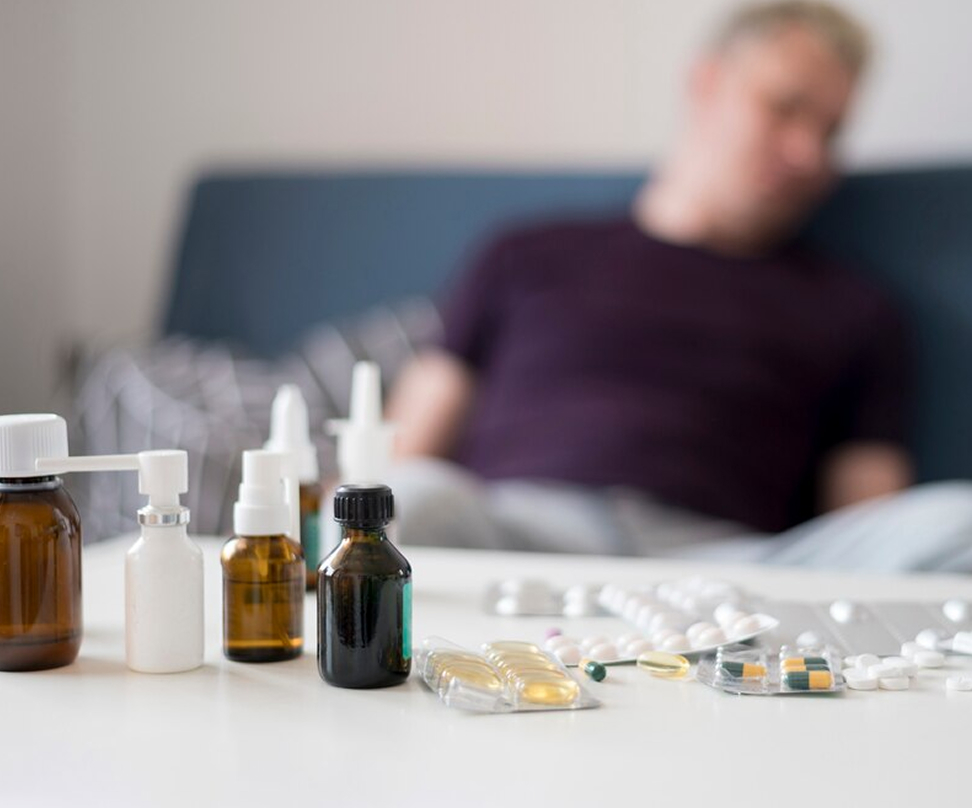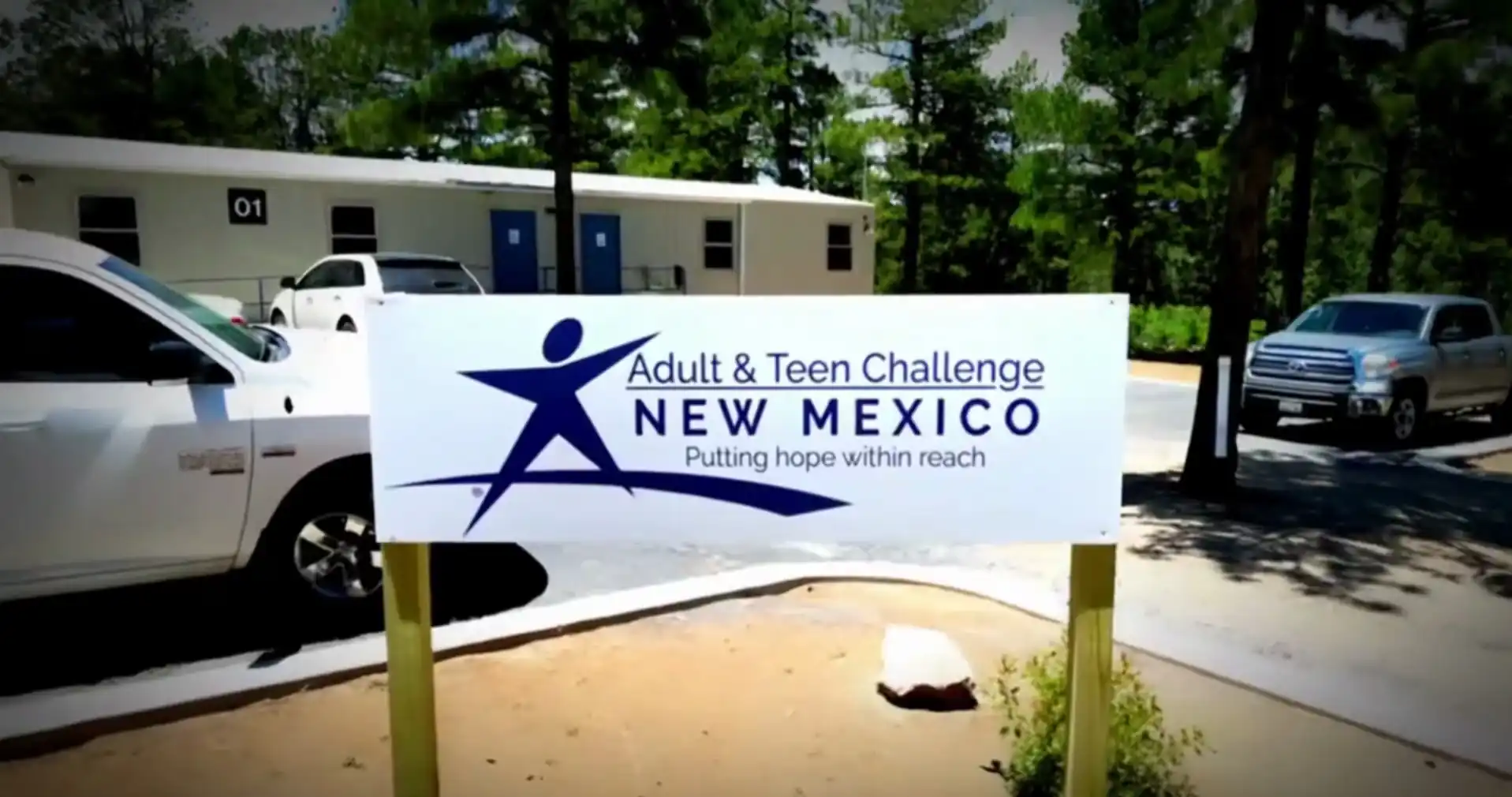Benzodiazepine Addiction
Gentle Guidance for Lasting Recovery
You were just trying to feel calm. Now you're afraid to stop. We understand, and you don’t have to go through this alone.
At TruPaths, we understand that medications like Xanax, Ativan, Klonopin, and Valium are often prescribed for real struggles such as anxiety, panic, or sleep issues. But over time, what starts as relief can quietly lead to dependence. Tapering off can feel overwhelming or even unsafe without proper guidance.
This page is here to support you or someone you love. You’ll find information to help you recognize signs of benzo addiction and explore treatment options that are safe, compassionate, and medically sound. While we do not provide treatment ourselves, we connect you with trusted recovery centers that lead with empathy, respect, and care for the whole person.










"I wasn’t taking them to get high. I was taking them to feel normal. Then I couldn’t feel anything without them."
— TruPaths Community Member